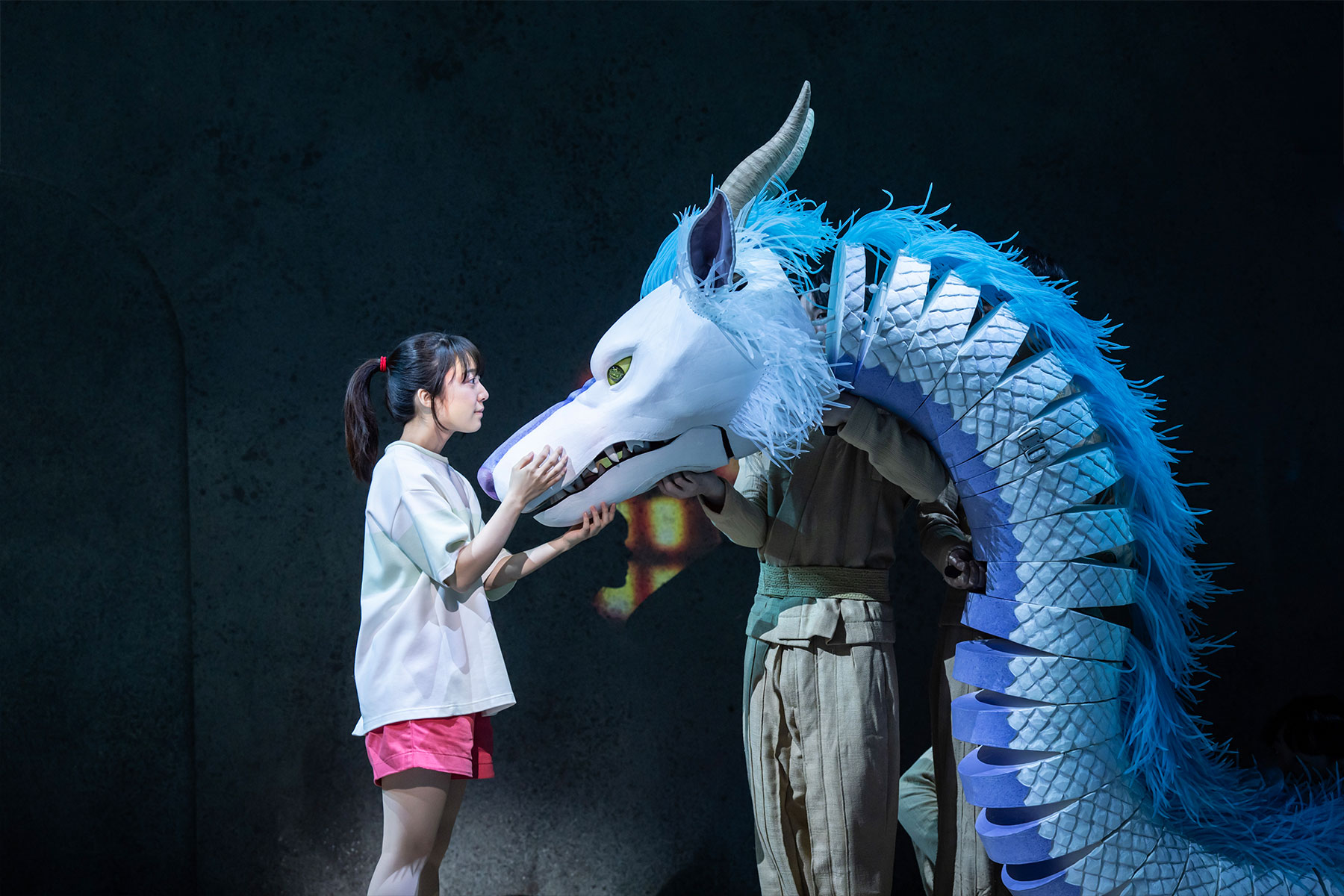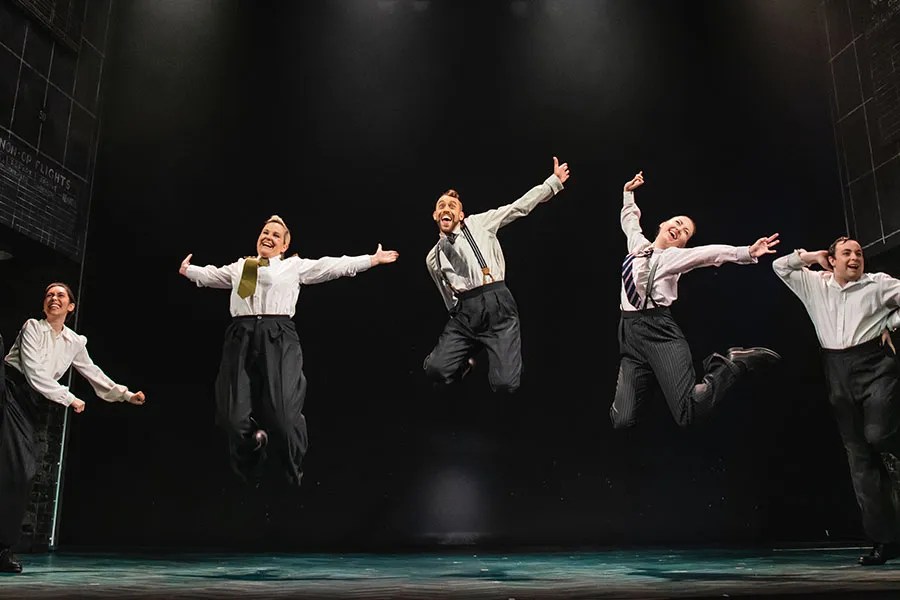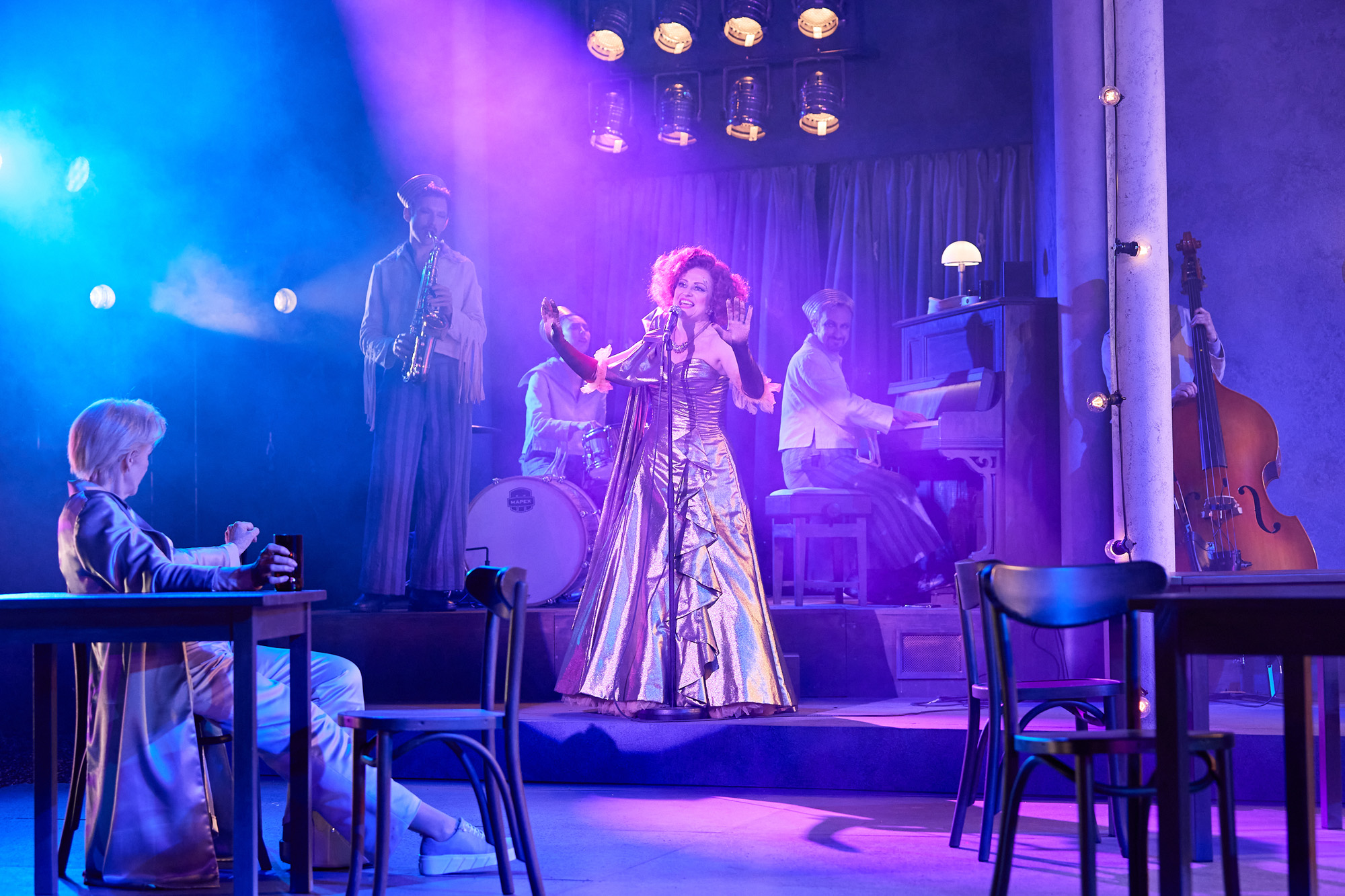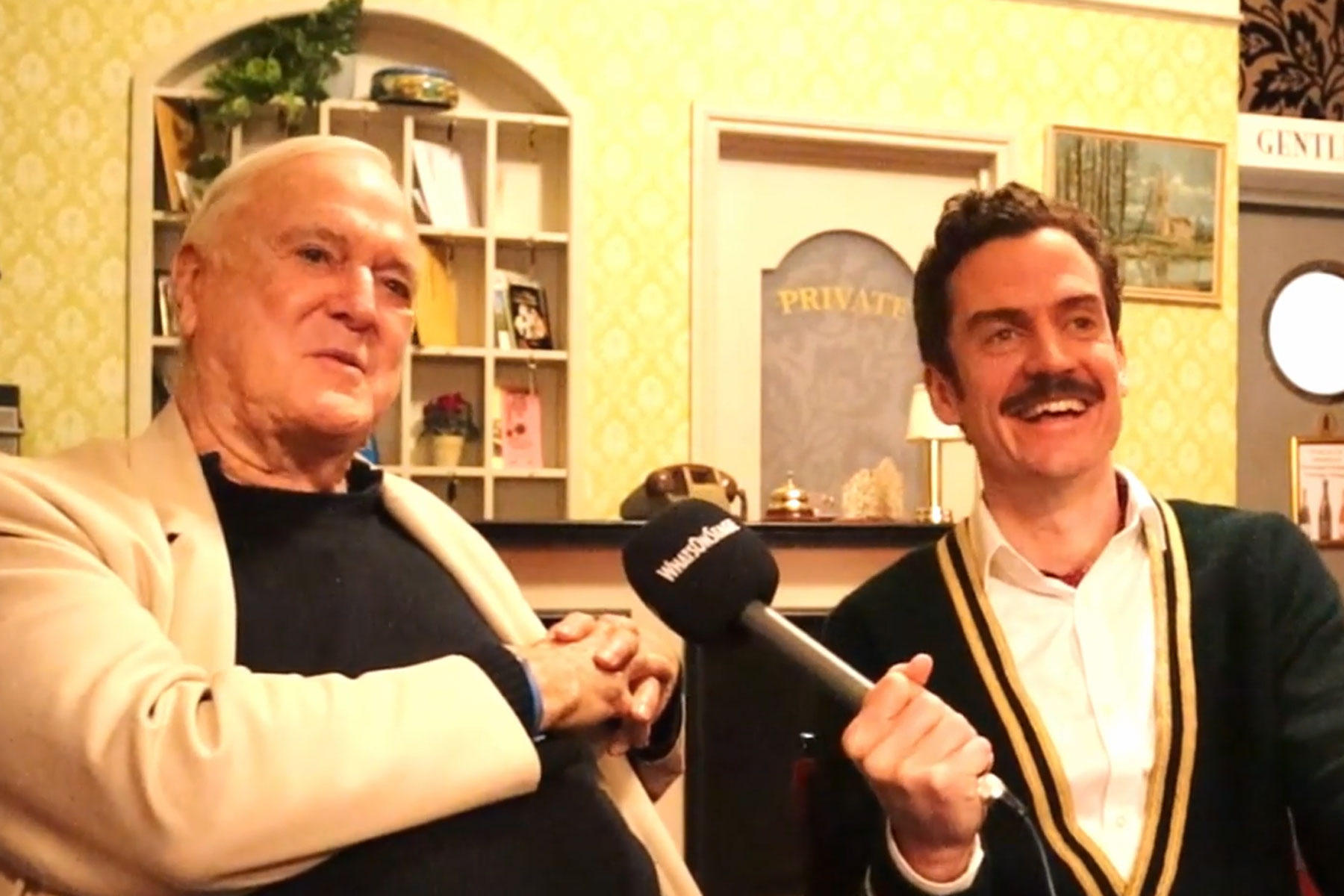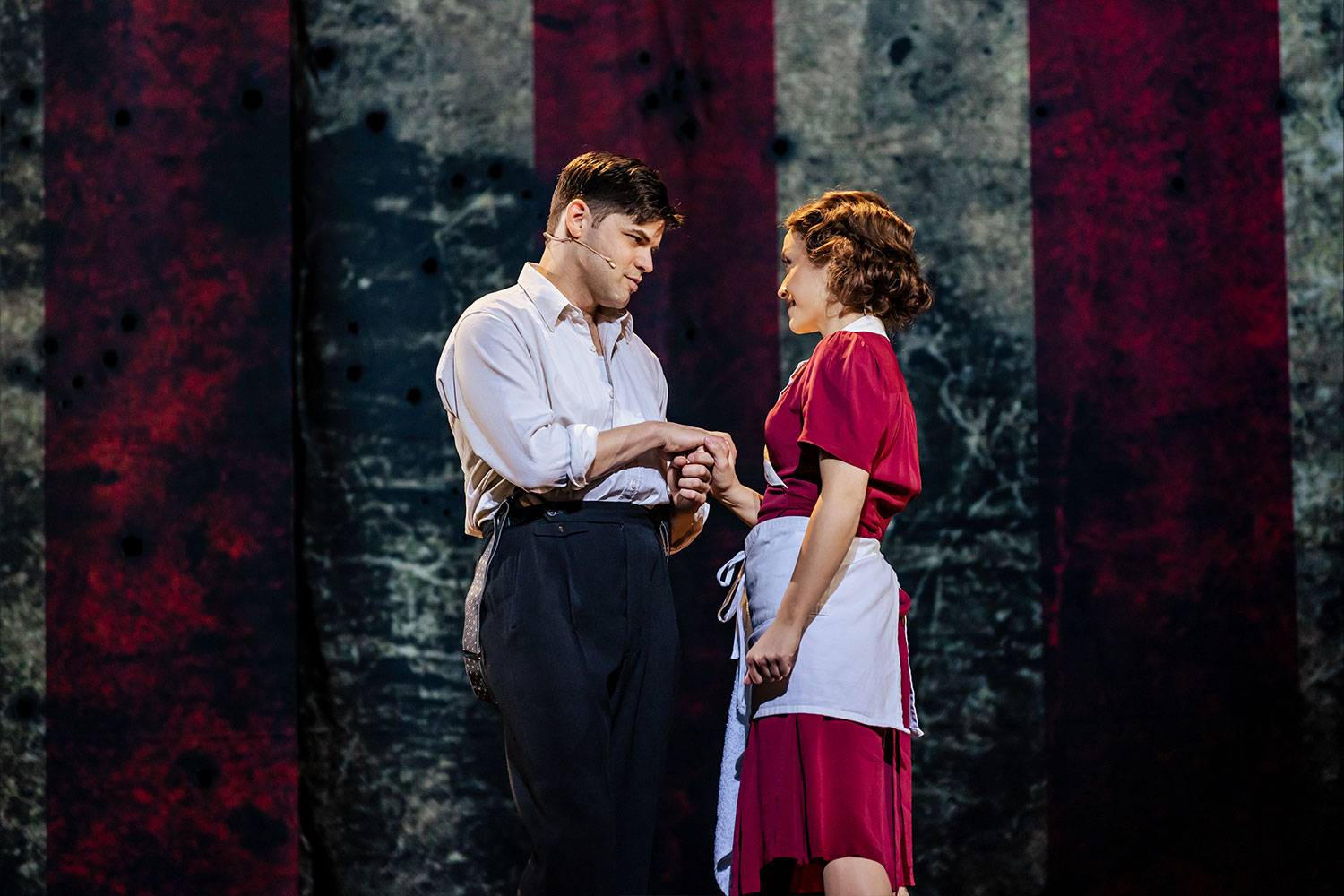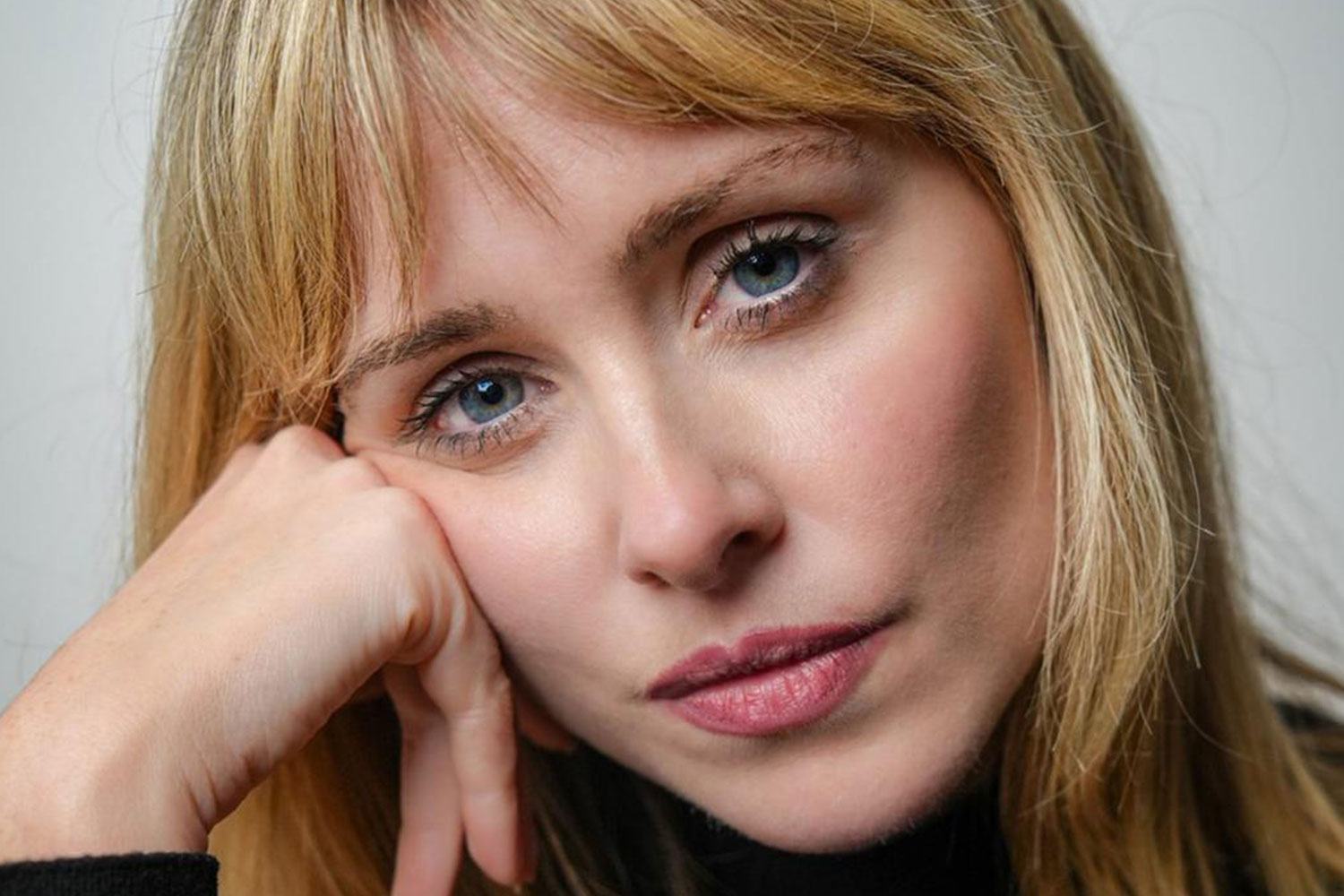20 Questions With…Oliver Ford Davies
Oliver Ford Davies‘ work in theatre includes the premiere of David Hare’s Racing Demon at the National Theatre (also in Los Angeles), for which he won the Olivier Award for Best Actor, as well as Murmuring Judges, Absence of War, The Shaughraun, Hamlet, and The Shape of the Table at the National.
The actor has also performed in over 25 productions for the Royal Shakespeare Company, including Dr Jekyll and Mr Hyde, Henry IV, Henry V, Henry VI, Henry VIII, Coriolanus, The Greeks, and Waste. At the Almeida, his credits include the title role in King Lear, as well as major roles in Naked, Richard II, Coriolanus and Ivanov.
More recently, Ford Davies starred in Franco Zeffirelli’s production of Pirandello’s Absolutely! Perhaps at the Wyndham’s Theatre and took title role in Darwin in Malibu at Hampstead Theatre. He also worked extensively at the Stephen Joseph Theatre in Scarborough, and in other regional theatres in Birmingham, Cambridge, Leicester, Nottingham and Oxford.
He has had a number of notable television appearances, most recently in Kavanagh QC, Midsomer Murders, Spooks, Foyle’s War, Bertie and Elizabeth, My Uncle Silas, The Way We Live Now, and David Copperfield. His films include Star Wars (Episodes 1, 2 and 3), Johnny English, The Mother, Mrs Brown, Sense and Sensibility, and Mrs Dalloway.
Ford Davies is also an author. His book Playing Lear recounted his experience in tackling the Shakespearean role, and his play King Cromwell premiered at the Orange Tree Theatre in 2003.
Now back on stage at the National, Ford Davies has just opened in Michael Attenborough’s world premiere production of David Edgar’s Playing with Fire, the final production in this year’s Travelex £10 season in the NT Olivier. Emma Fielding and David Troughton also feature in the drama about local politics and multiculturalism in modern Britain.
Date & place of birth
I was born in Ealing, London, three weeks before the war broke out in 1939 – on 12 August.
Lives now in
I live now in Isleworth (south London). Richmond was our playground when we were in Ealing, so I’ve not moved too far. I’ve been there for nearly 30 years now.
First big break
Getting into the Birmingham Rep in 1967 was where I started, with a very young company that included Brian Cox, Michael Gambon and Timothy Dalton. So I was very lucky. At 27 years old, I think I was the oldest person in the company. Peter Dews had taken over Birmingham Rep and he had directed me at Oxford as Falstaff in the two parts of Henry IV so he knew my work, and he gave me a job on the equity minimum of £10 and ten shillings, confident that I wouldn’t accept, and I did! I was originally going to understudy John of Gaunt in Richard II and play Salisbury and the groom, and Peter Dews was going to play John of Gaunt himself. After ten days he gave me the part, but said I still had to play Salisbury and the Groom. So I think that’s a unique triple! And then I played the two Dukes in As You Like It in a production that came to the Vaudeville for the summer. Brian Cox was Orlando. And the third production which was again very fortunate was the try-out of Hadrian VII, with Alec McCowen, and I didn’t quite get into the original production but then in the second cast I took over the role I’d played in Birmingham from Alan McNaughton. So although I was 29 by then, everyone thought I was 35. Peter Dews told me when I started at the age of 27 that you’ll be all right when you’re 40, and even better when you’re 50, and he was right absolutely. I always had a middle-aged face with a receding hairline.
Career highlights to date
There are so many. I spent 11 years with the RSC and did some very enjoyable productions. The very first production I was in, which was Henry V with Alan Howard, I enjoyed a lot. I played Montjoy and anybody French with a message, according to the director Terry Hands! When I came here to the National, I loved being in The Shaughraun, and then I did Racing Demon and the David Hare trilogy, which was terrific. I hugely enjoyed the production at the Almeida of Ivanov, with Jonathan Kent directing.
Favourite productions
I think Racing Demon and Ivanov are my two favourites. I think Racing Demon remains David Hare’s best play – he absolutely married the personal and the public and it meant so much to people who came to see it. We did it in all three theatres at the National. If the ideas are big enough, they resonate more in a bigger space. There is a difference in talking to God in the Olivier than doing so in the Cottesloe, and you feel it. You lose things, but you also gain things. My favourite story from the run was someone who told me that they came to a matinee, and there were two women leaving the theatre afterwards. One turned to the other and said, “I’m surprised they let a priest out for a matinee”. Both Racing Demon and Ivanov had wonderful casts – Michael Bryant, Richard Pasco and Stella Gonet in one, and in the other Harriet Walter, Ralph Fiennes and Bill Paterson. The highlight of Ivanov was going to Moscow with it and playing it at the Maly Theatre. We were the first British production to play Chekhov in English in Moscow. That’s pretty amazing – and a piece of stunning cheek, too! The production also had such an exuberance about it that I really enjoyed.
Favourite directors
I like Trevor Nunn, Terry Hands, John Barton, Howard Davies, Jonathan Kent, Richard Eyre, amongst others. There are two things that make them stand out: one is, as I think Peter Brook says somewhere, the director should be the most tasteful audience you will ever get, so you want to be able to trust your director’s taste. And the second thing I think is the ability to stay in the moment and to tease out all the juice and fibre of each moment but carry the architecture of the whole at the same time. That’s what marks out a great director, and something that Trevor Nunn has for example.
Favourite playwrights
Like everybody, Shakespeare and Chekhov. I’m very fond of David Hare. And O’Neill – I did Long Day’s Journey into Night at York some time ago, on three weeks rehearsal, and would love to do it again.
What role would you most like to play still?
I do have a desire to play the impossible part of Prospero in The Tempest. Michael Bogdanov has said he’s directed the play five times and has never got it more than 50 percent right. I don’t think you can. It’s Shakespeare’s last go, and I think it exceeds the bounds of what he sets out to do.
Why do you like to do new plays?
New writing is terribly important. Really, in the last 15 years I’ve been more drawn to doing new plays than revivals. I think they’re more exciting. To create something entirely new, particularly when you work closely with the author as I have done with David Hare, you’re involved with the process. David Troughton said the other day about this play we’re doing now, Playing with Fire, how exciting it is to be saying speeches that you really believe in at this moment in 2005.
What was the first thing you saw on stage that had a big impact on you? And the last?
My father took me to see Richard II at His Majesty’s in London in 1948, and I was eight. I’m sure I’d seen things before that, but I vividly remember it. I was so taken by the whole thing, but there are two things I remember particularly: one was that I loved people clanking about in armour! I thought that would be wonderful. Then one day early on at the RSC, I was playing a man in armour and it was very uncomfortable, and it lost its appeal. The other thing I remember quite distinctly is funnily enough the Groom, a role I later played in my first show. The most recent thing I saw was Henry IV here at the National – I love the plays. I’ve not been able to get to see Death of a Salesman yet, but I really want to. I really loved The History Boys so much.
What would you advise the government to secure the future of British theatre?
I think they’ve got to continue to put money into regional theatre. The boost that Gordon Brown gave to regional theatre meant that they could do more productions, and larger-cast productions, and more ambitious plays. Unless people from drama school are enticed towards regional theatre with reasonable salaries and large-cast classic plays, they won’t learn. When I started at Birmingham Rep, we were able to do Richard II, As You Like It, Hadrian VII, The Doctor’s Dilemma, Peer Gynt. Reps on the whole can’t afford to do that anymore. Of course, often actors from drama school now are sucked straight into television, they don’t go near regional theatre. But if it was paying £500 a week and was doing plays like that, that’s where the future of theatre lies.
If you could swap places with one person (living or dead) for a day, who would it be?
I think it would be the Arts Minister Tessa Jowell – to do what I’ve just said. It’s not simply a question of money, but how it’s channelled and set up.
If you hadn’t become an actor, what might you have done professionally?
Before I started acting, I had briefly been an academic. I became a history lecturer at Edinburgh University, having read History at Oxford. I had always wanted to do both – teach history and act – but when I actually got this job at Edinburgh and saw the next 40 years spreading ahead of me, I thought this isn’t what I want to do with my life. If I had two lives, I’d teach in one and act in the other, but I don’t. So I had to choose, and I had a very sympathetic professor, who said “I’d go now, because if you wait and you’ve got a mortgage and a family, you won’t”. So after two years I left and started acting.
Favourite book
My desert island book would be Chekhov’s collected short stories. I just think they are extraordinary. They cover an enormous range of class and human experience and I can go on reading them relentlessly, because they carry so many possibilities.
Favourite holiday destination
Southern Spain – I just think the combination of the sea and the Moorish architecture is beautiful.
Why did you want to accept your part in Playing With Fire?
The combination of David Edgar and Michael Attenborough and the subject matter of the Burnley/Bradford riots in 2001 was such a brilliant combination, so I just wanted to be in the play. I can’t tell you too much about the part without giving away the plot, but I find my character an interesting figure because, as a Labour Councillor, he finds himself at odds with an old Labour Council. He’s based on a number of different people, who leave the Labour Party and set up as independents. But what he says raises a whole number of questions about multiculturalism, of sectional identity against membership of a society. There is no one answer to this – it’s a problem we now face. I think it’s fine for a third-generation Pakistani to still be supporting the Pakistan cricket team. But it raises an issue of Britishness that is very live now. The extraordinary thing about this play is that it was written many months ago, before 7 July, but now it has huge great extra resonances. Though it’s dealing with 2002, it’s also dealing with the kind of environment from which the events of July could have arisen.
Do you think theatre can change the world? Are plays like this simply portraying the current political situation or trying to effect it?
I think all a play can really do is ask questions. Audiences don’t come to the theatre for a solution to their problems; but they come to see the questions aired, and to see aspects of themselves in some ways portrayed. You can’t provide a solution to Marsha’s predicament in Three Sisters, for instance, but if people can recognise themselves in her, that’s an achievement.
What do you think of the Travelex £10 Season?
I think it’s brilliant. For so long the National has struggled with seat prices. When I accepted the job, I didn’t realise the play was in the Olivier or part of the Travelex season, but I was so pleased to discover that we’d be reaching out to audiences who had only paid £10. It’s an interesting question, though – whether by lowering your prices you fill a theatre and make the same amount of money as you would if you charged higher prices and didn’t fill it.
What’s your favourite line from Playing with Fire?
I don’t let myself think of any as favourites, because it then can take on a resonance I don’t want. It’s rather like sometimes when you read reviews, particularly good reviews and they pick out a certain moment or line, it is difficult to play it afterwards. It upsets your rhythm.
What’s the most notable thing that happened in rehearsals for the show?
The most interesting thing in rehearsal was that we had six or seven Asian actors who are able in our discussions to talk a lot about the Koran, being Muslim, and being in the Asian community. I’ve learnt a great deal. For instance, they’ll say that Indian, Pakistani and Bangladeshi people don’t necessarily see that there is an Asian community – “this is your description, not ours”, they say. I’ve learnt so much about multiculturalism.
What are your future plans? Anything else you’d like to add?
I have no idea on the acting front, though I’m writing a book at the moment. I wrote one about playing King Lear at the Almeida, called Playing Lear, and Nick Hern Books has now commissioned me to write one on acting Shakespeare. When I searched about, I found that all the books that are available now are compiled by directors or academics – there isn’t actually a book by an actor about acting Shakespeare. Well, maybe an actor has something slightly different to say, and as I’ve done 24 Shakespeare plays, some of them three times, I thought I have got something to say. I’ve played third traveller right through to King Lear. So that’s what I’m trying to do now. It’s going to include interviews. I’ve got good ones with Ian McKellen and Harriet Walter and Barbara Jefford – Ba thinks she’s done all but three of the plays.
– Oliver Ford Davies was speaking to Mark Shenton
Playing with Fire opened on 21 September 2005 (previews from 12 September) and continues in repertory at the NT Olivier until 22 October 2005.



